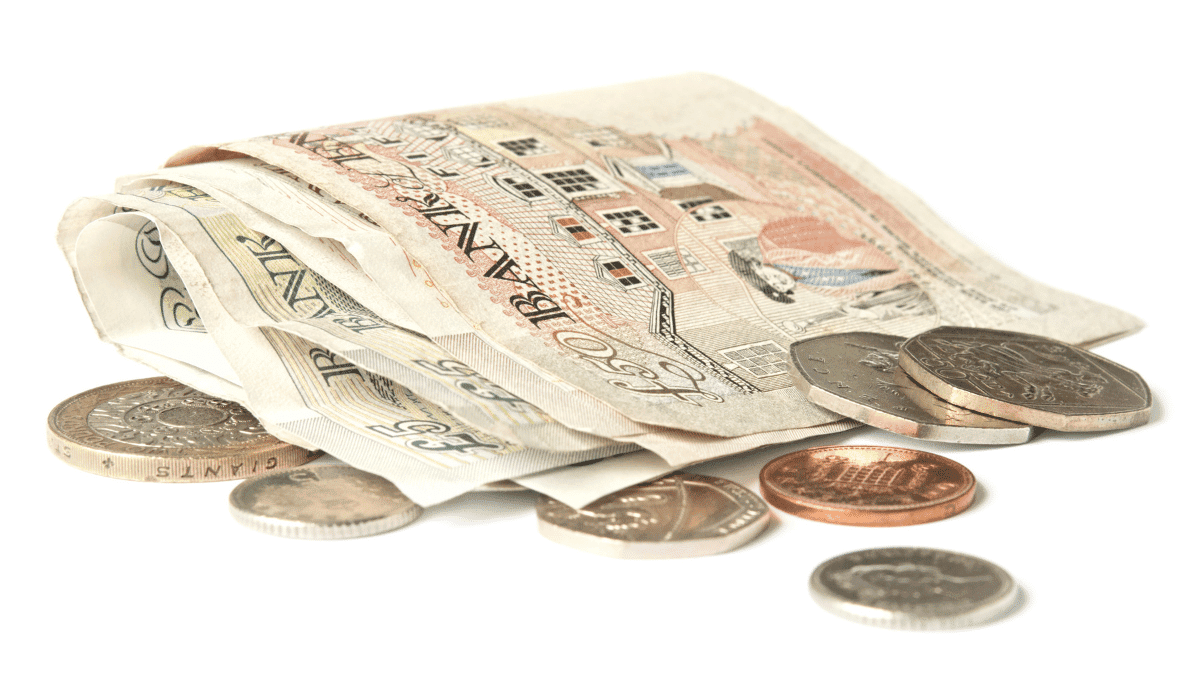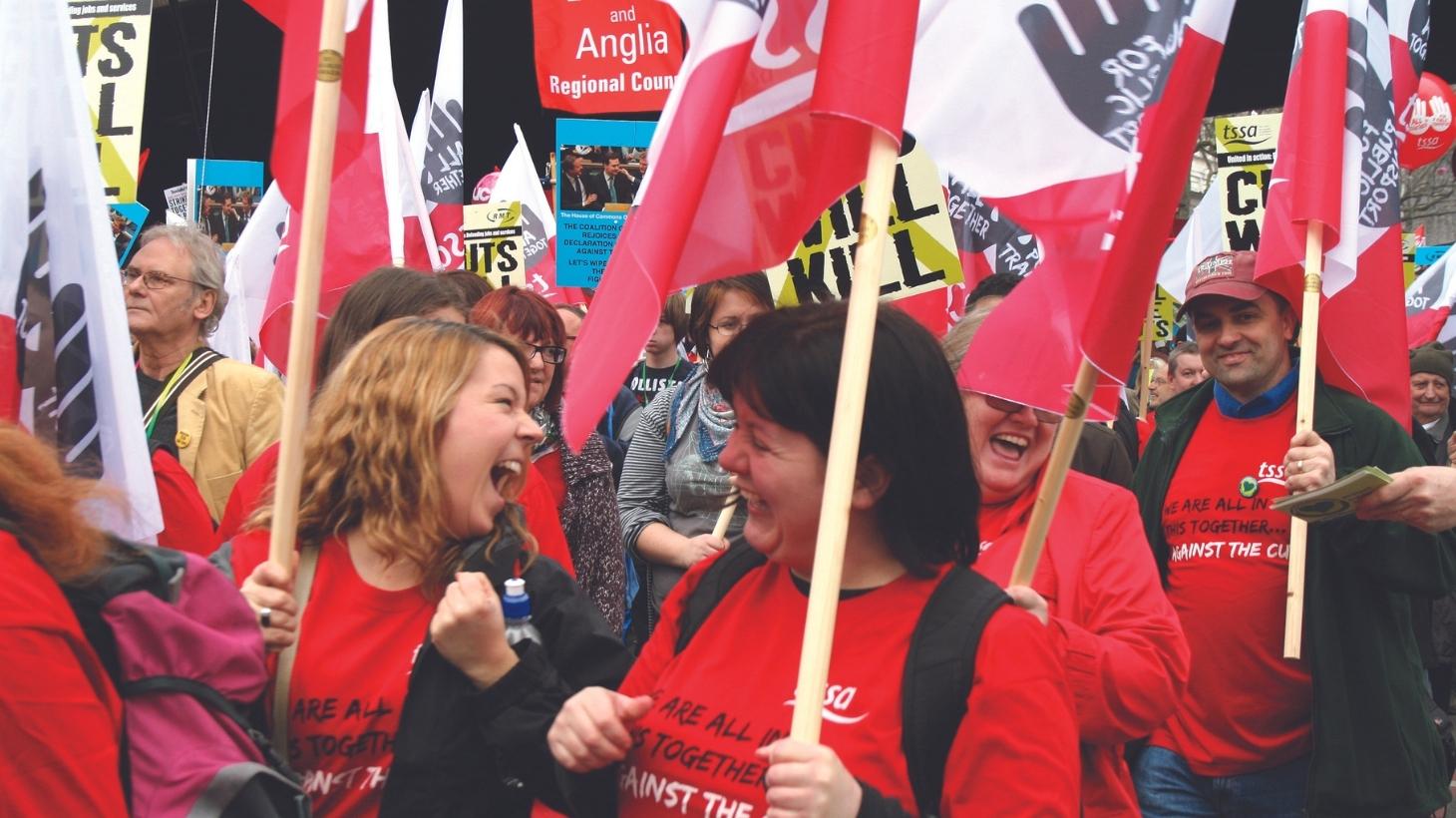Making the case for low transport fares, this should be the future of rail

We’re currently in the unenviable grip of two crises running in parallel – the climate is heating up at an unprecedented rate leading to increased extreme weather disasters and the country is coming out of the pandemic into an ever-deepening Tory cost of living crisis, inflation and costs are up, but wages are stagnant.
Part of the solution to this is to make it easier for people to get to work on public transport by reducing fares, which would give knock on benefits of reducing fossil fuel usage, reducing harmful pollution, reducing costs of fuel made scarce by the Russian aggression against Ukraine and also help increase leisure travel to kick start local economies after the pandemic.
It doesn’t have to be like this
We’re not the only ones to have thought of this. In May Germany set up a €9 a month ticket for unlimited public transport over the summer. This has been heralded as a huge success. Over 31 million tickets were sold and passenger numbers reached up to pre-pandemic levels, increasing rail travel and decreasing road use. The scheme is set to finish at the end of August, but Germany’s transport minister thinks a follow up is possible by next year. Germany funded the move by paying private train operators – something the British Department of Transport is currently funding without the same level of benefit for passengers!
The €9 ticket is a fraction of the normal cost of travel, amounting to around a sixth of the price of the cheapest monthly ticket available for Berlin’s central zones.
And Austria launched its Klimaticket (climate ticket) in late 2021. Designed to encourage people to ditch their cars, the scheme proved extremely popular, with its website almost crashing when the tickets went on sale. The annual pass, priced at €1,095, works out at just €21 a week or €3 a day.
More radical options are also being trialled. In July, Spain announced it will make public transport free, by reinvesting the funds from a windfall tax on energy companies. From September until the end of the year, passengers can ride commuter and medium-distance trains across the country totally free of charge.
Spain is not the only country to trial free public transport – Luxembourg was the first country in Europe to make public transport free in 2020 and despite the pandemic is happy with the results. As well as off-setting price rises for working people, the move was also designed to reduce car congestion, as Luxembourg has more cars per person than any other country in Europe and is consequently plagued by heavy traffic. It is expected that public transport usage in Luxembourg will have increased by 20 percent by 2025.
We have to push back
This year we saw the biggest increase to rail fares in nine years, by 3.8% and this is set to go up further pushing the burden of getting to work onto the commuter.
This is unsustainable - not just during the Tory cost of living crisis - as rising house prices have been for many years forcing our key workers further and further out of major cities meaning that they need to commute to key vital public services going.
And now we also have to contend with an erupting climate crisis. Each summer the hottest day on record is broken, with Britain seeing temperatures exceeding 40 degrees centigrade this July, which the Met Office called an ‘unprecedented extreme heatwave’. In London we saw a section of track burst into flames and elsewhere, residents devastated by house fires.
Future climate change is influenced by future emissions, we need to curb fossil fuel use now as it’ll get worse year on year. New Scientist estimates this year’s heatwave could have caused up to 1,000 excess deaths.
Investing in our public transport is part of the solution to the problem, we are already in a crisis and we must act now. Making travel affordable is proven to take people out of their cars and onto greener, more efficient public transport. What are we waiting for?
Future of Rail is a project of the TSSA which makes the case for well funded public transport run by highly skilled workers for the benefit of the economy and the people. Follow on Twitter @FutureOfRail

